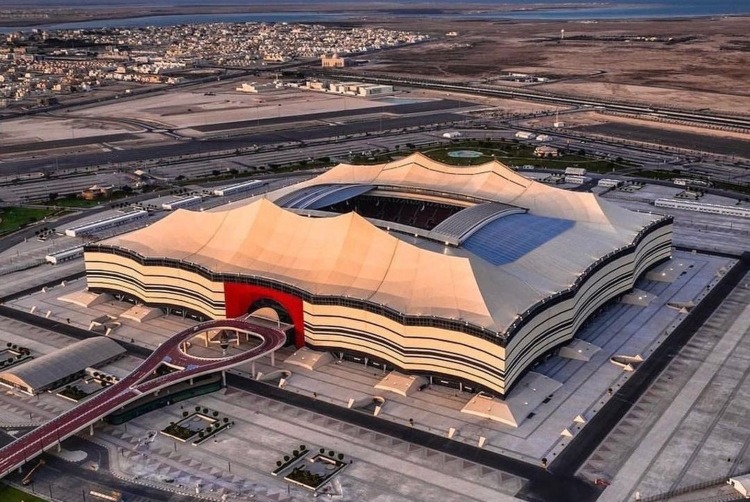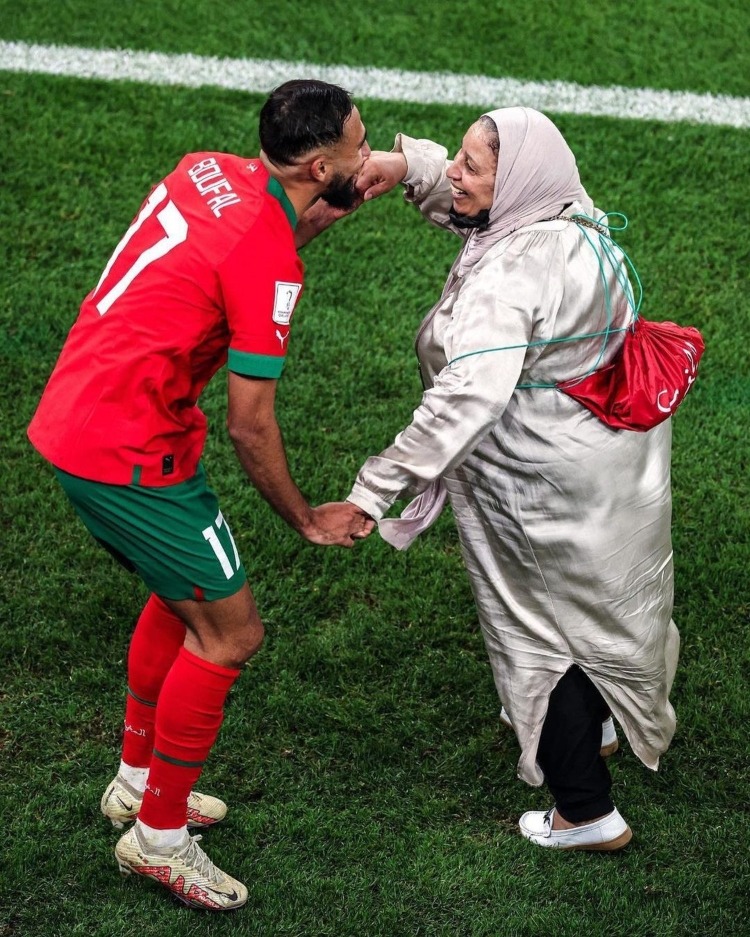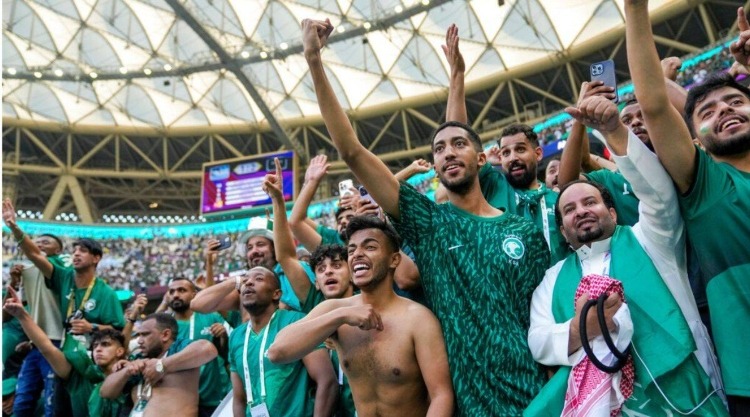The biggest sporting event of the entire year has come to a close with Argentina crowned as the latest champion of the coveted World Cup. Many describe it as the greatest World Cup ever, not just for Argentina’s historic win but for how Qatar and the Arab world at large shocked the world, made history and broke the mold time and time again. The mere fact that the World Cup was staged in Qatar was an event in itself, being the first time that the matches were ever hosted on Arab soil. Facing a global smear campaign with politics as the weapon of choice, the Gulf country didn’t falter and made sure to let the world know that it was the right choice.

In 12 years, Qatar managed to build eight stadiums equipped with state-of-the-art technology including an innovative cooling system. Billions of dollars were spent in the span of more than a decade and when the games arrived, the world was invited to get a glimpse of Arab hospitality and culture at its finest. The stadiums alone showcased the country’s rich culture like how the Al Bayt Stadium with its overarching tent-like structure was modeled after Bayt Al Sha’ar, a traditional home used in history by Bedouin nomads.

Beyond the Arab host, the world got to witness more of what the region had to offer when Saudi Arabia and Morocco made history. During the 45th-minute mark, Saleh Alshehri scored an angled shot that was followed by Salem Al-Dawasri’s impressive goal, creating a moment that will be cemented for years to come, a 2-1 win against reigning football champion Argentina. Since that win, the Arab world was placed under the spotlight and continued to re-write history with Morocco’s defeat against Portugal that caused a celebratory ripple across the world as the first Arab and African nation to make it to the World Cup semi-finals.

On that very day, the entire world shifted its gaze to Morocco and the Arab and African world at large, getting to witness some of the most heartwarming moments on that green pitch. Moments after the big win, Achraf Hakimi and Sofiane Boufal proceeded towards the stands in search of that familiar face that is dearest to their hearts, that of their mother. Boufal danced with total abandon with his mother at the center of the pitch while Hakimi landed an affectionate kiss on his mum’s cheek. These simple moments of affection between mother and son captivated global audiences and showcased the warmth of Arab culture to the world.
Bringing more of the Arab world to this global event, for the first time in World Cup history, the final match got to see Wegz, Egypt’s most celebrated and beloved rapper, performing his official World Cup anthem “Ezz El Arab” (Arab Glory) to a stadium full of buzzing fans. He is the first Egyptian singer to perform in one of the most prestigious sporting events in the world. Farah El Gibany, the Paris-based Soprano singer also made waves as the first Egyptian to perform the national anthem for France prior to the final match, once again changing the narrative of the impact of the Arab voice across the globe.

Surprises continued when the World Cup went beyond the game itself and began acting as a compelling mouthpiece for Palestinian resistance. Every day, during every match, the black, white, and green colors of the Palestinian flag flapped across the stadium as Arab fans held it with pride. After every win, Morocco’s Atlas Lions would also raise the flag and use their victory to shine a big light on the cause. Even outside the pitch, the support grew bigger as it wasn’t just Arab fans who had Palestine on their mind, many Japanese and German fans refused to do interviews with Israeli reporters. Across Twitter, social media users re-shared that too many, it feels like Palestine is the one who won the World Cup.
Capping off what was already a successful and inspiring World Cup run for all Arabs was the moment when Argentina stepped on the podium to commemorate their win. Before Messi lifted the World Cup trophy high in the air, the Emir of Qatar helped the reigning champion to put on a bisht (a traditional Qatari cloak worn during special occasions). He stood proudly, with his head high, wrapped in the black cloak, representing a beautiful moment of cultural exchange, ending the global event on a beautiful note.



